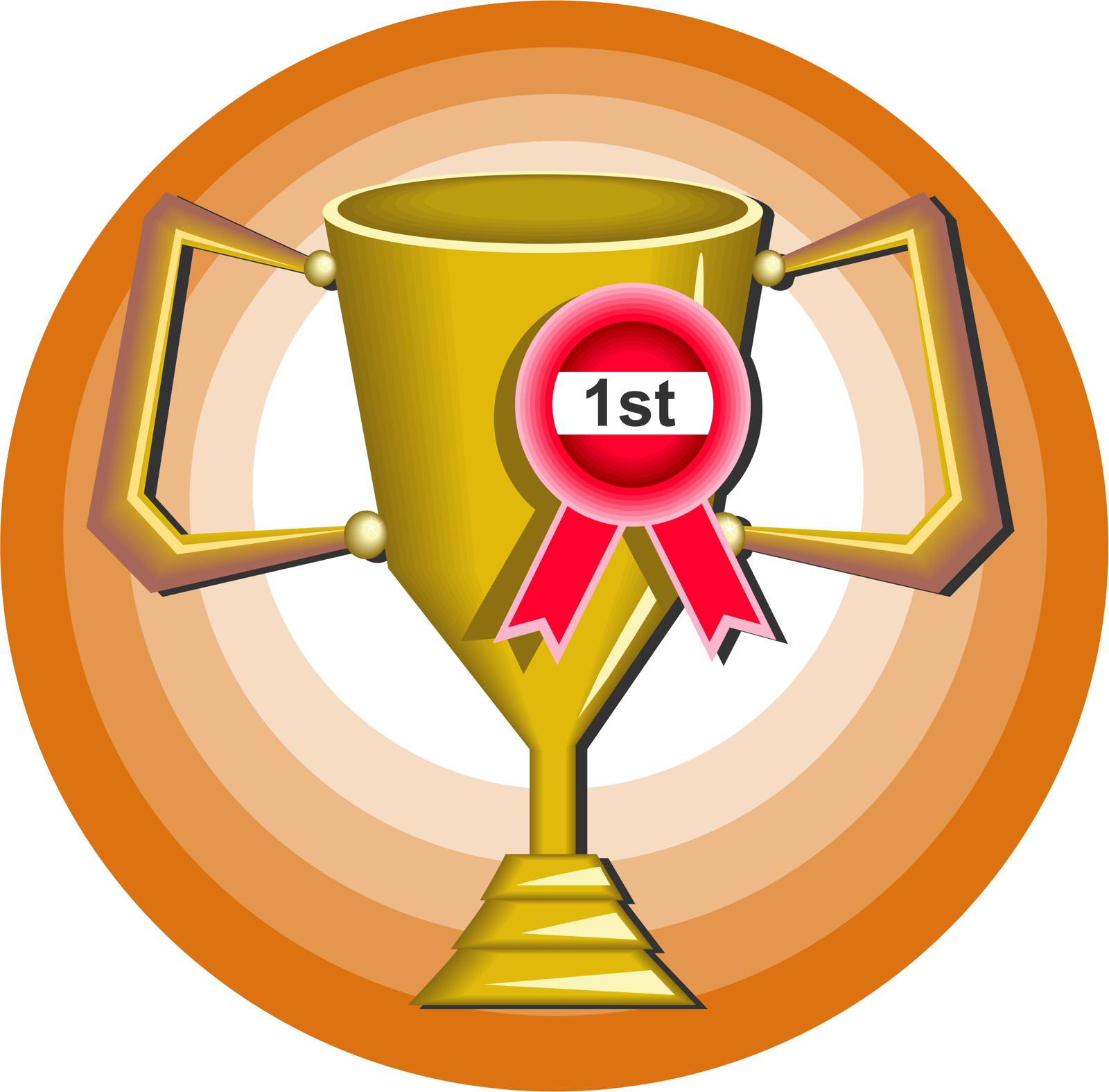
Romancing Your Story
ENTERING CONTESTS – PART TWO
In my last column, I tried to convey the good outcomes you can receive when you enter your…
January 30, 2016
In my last column, I tried to convey the good outcomes you can receive when you enter your…
January 30, 2016
If you read my last column, you’ll know we determined that most fictional stories contain some element of romance.…
October 27, 2015
How many of you are reading this article under protest? “I don’t write romances,” you say. Well, you might…
August 28, 2015
Welcome to Almost An Author! My name is Mary Moore. I started writing in 1995, but was not published…
June 11, 2015